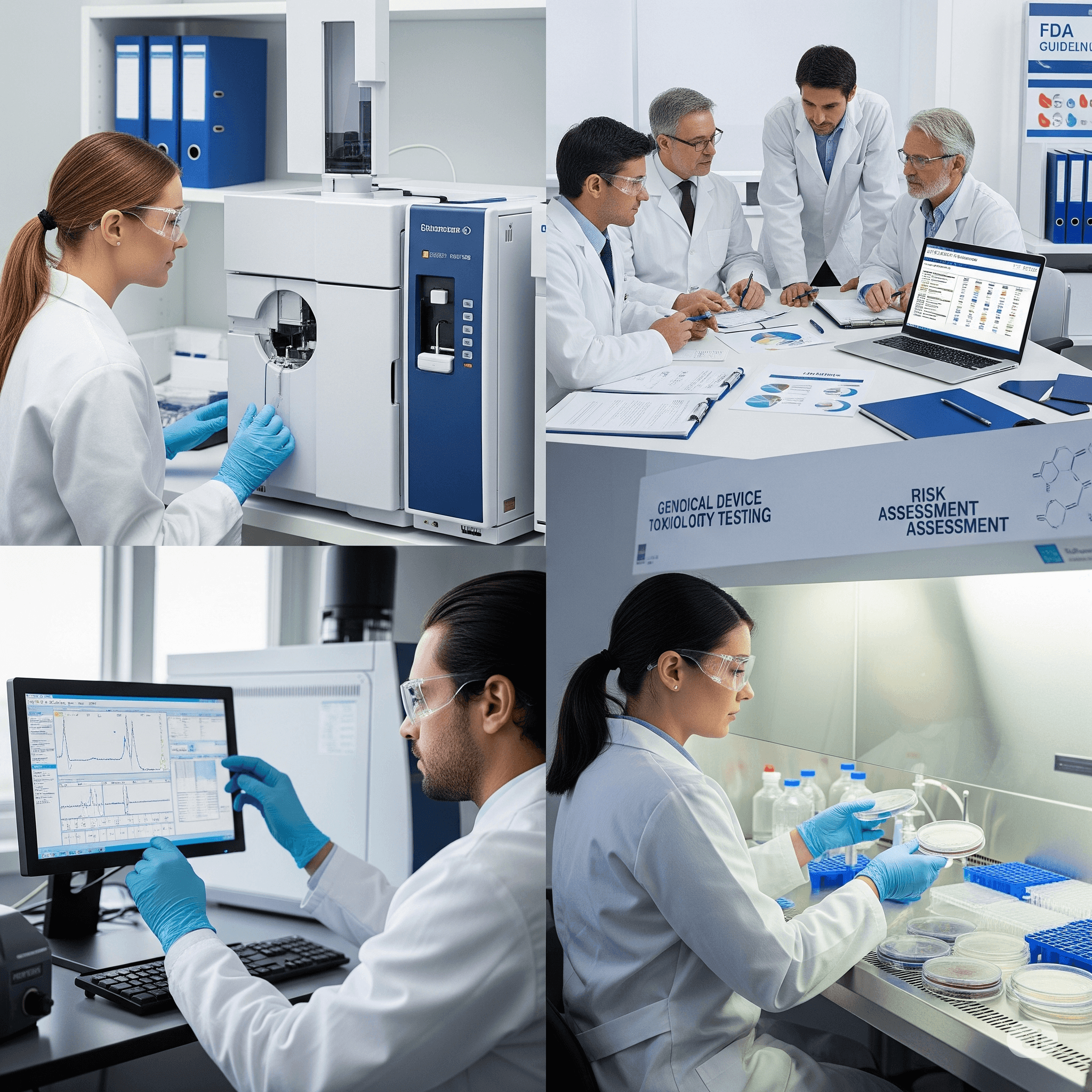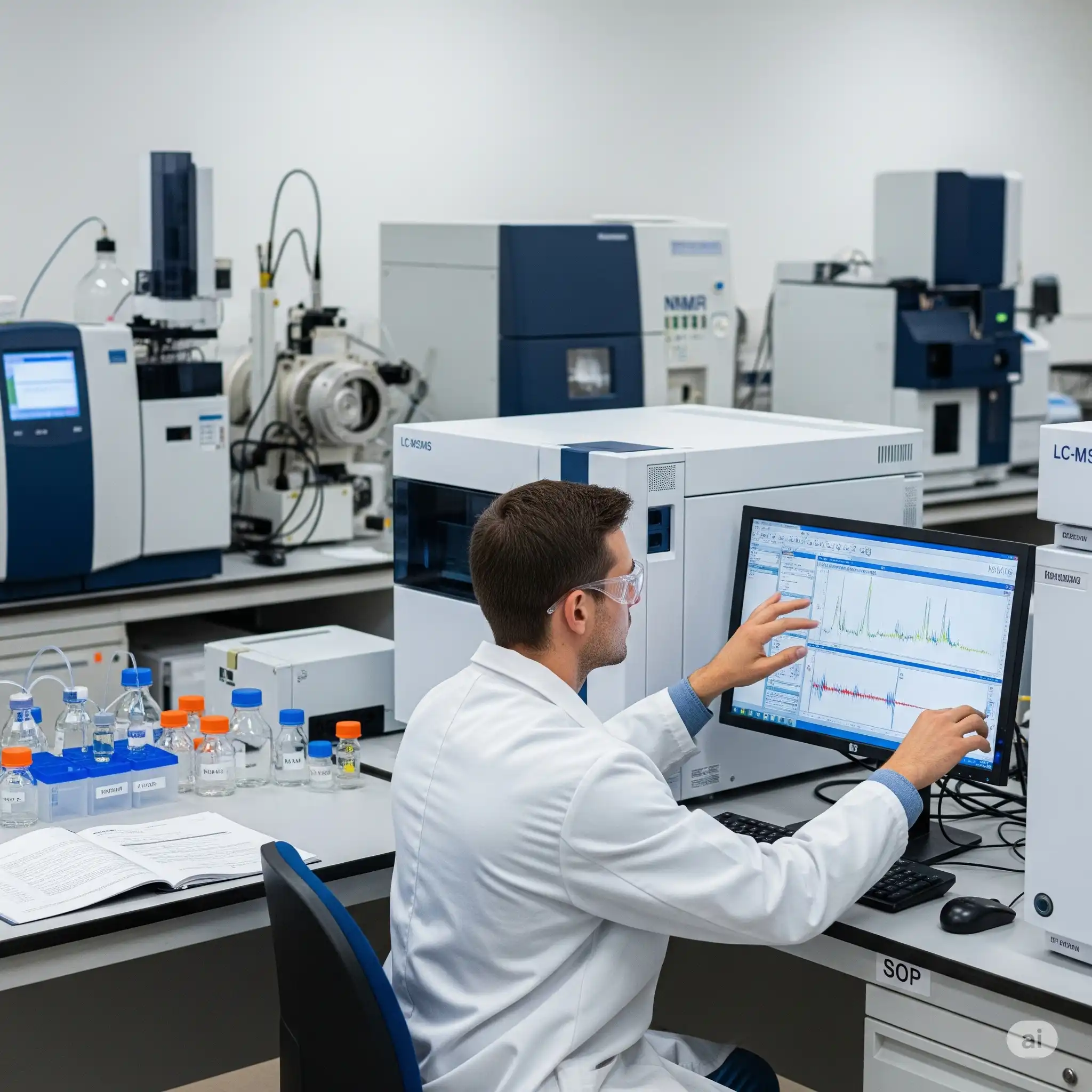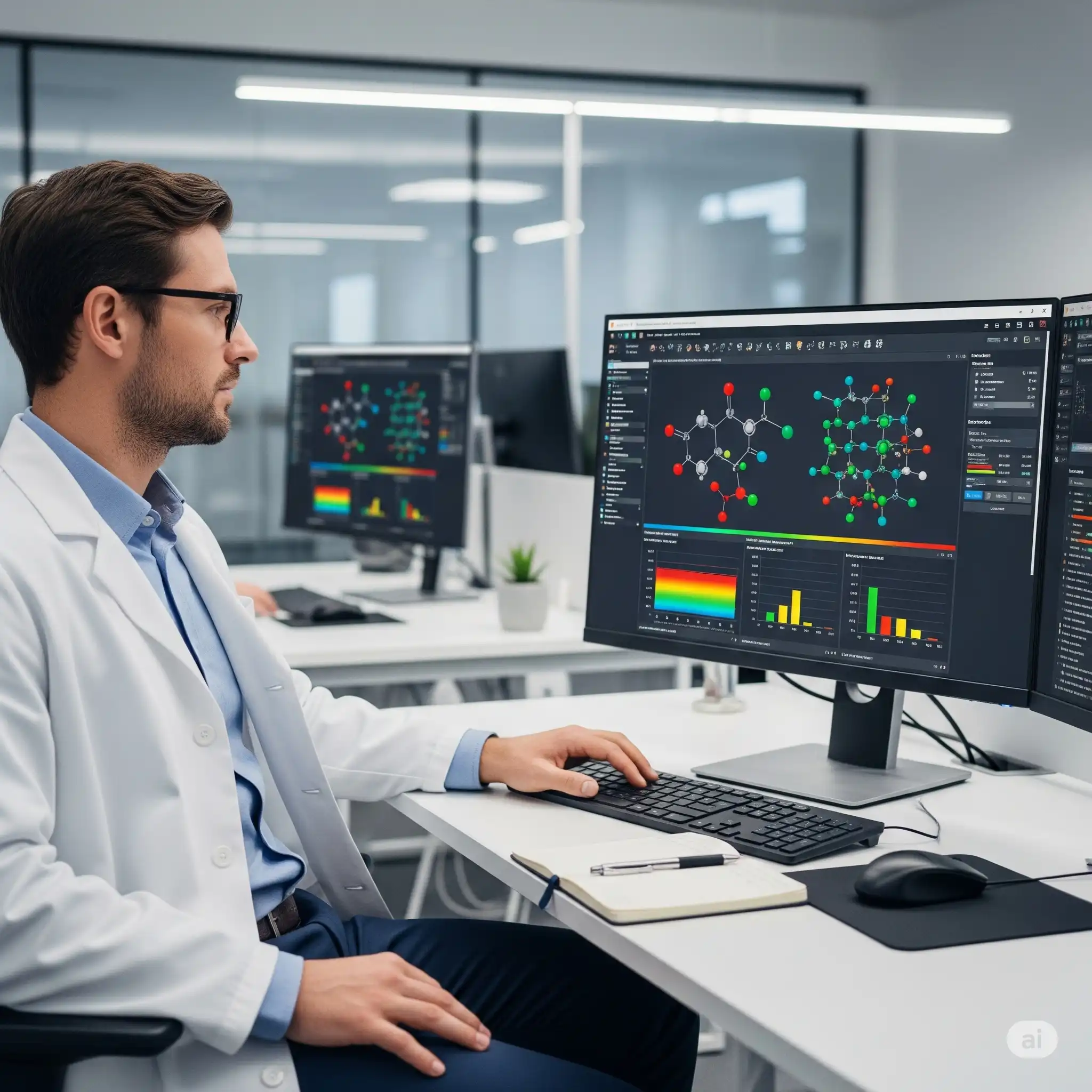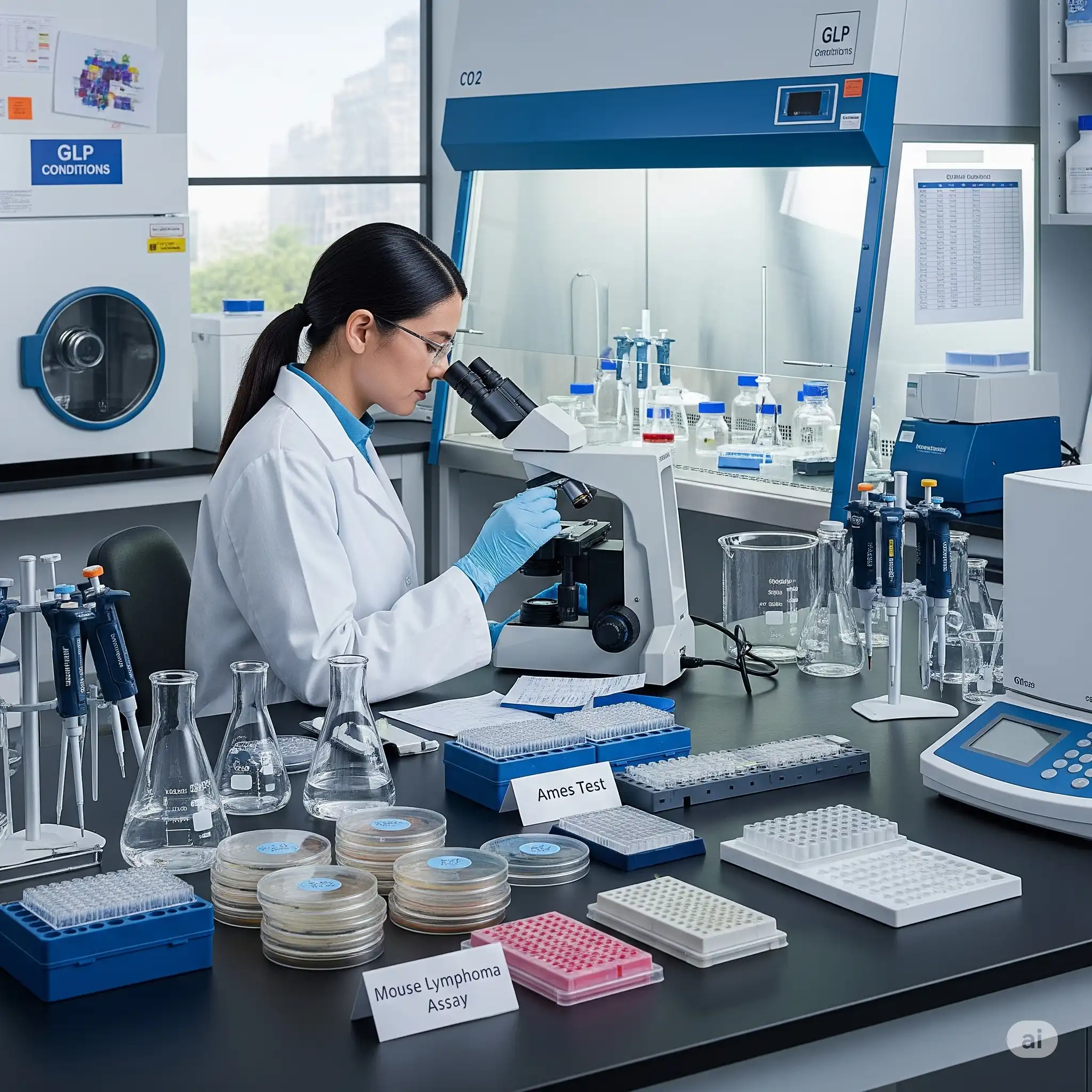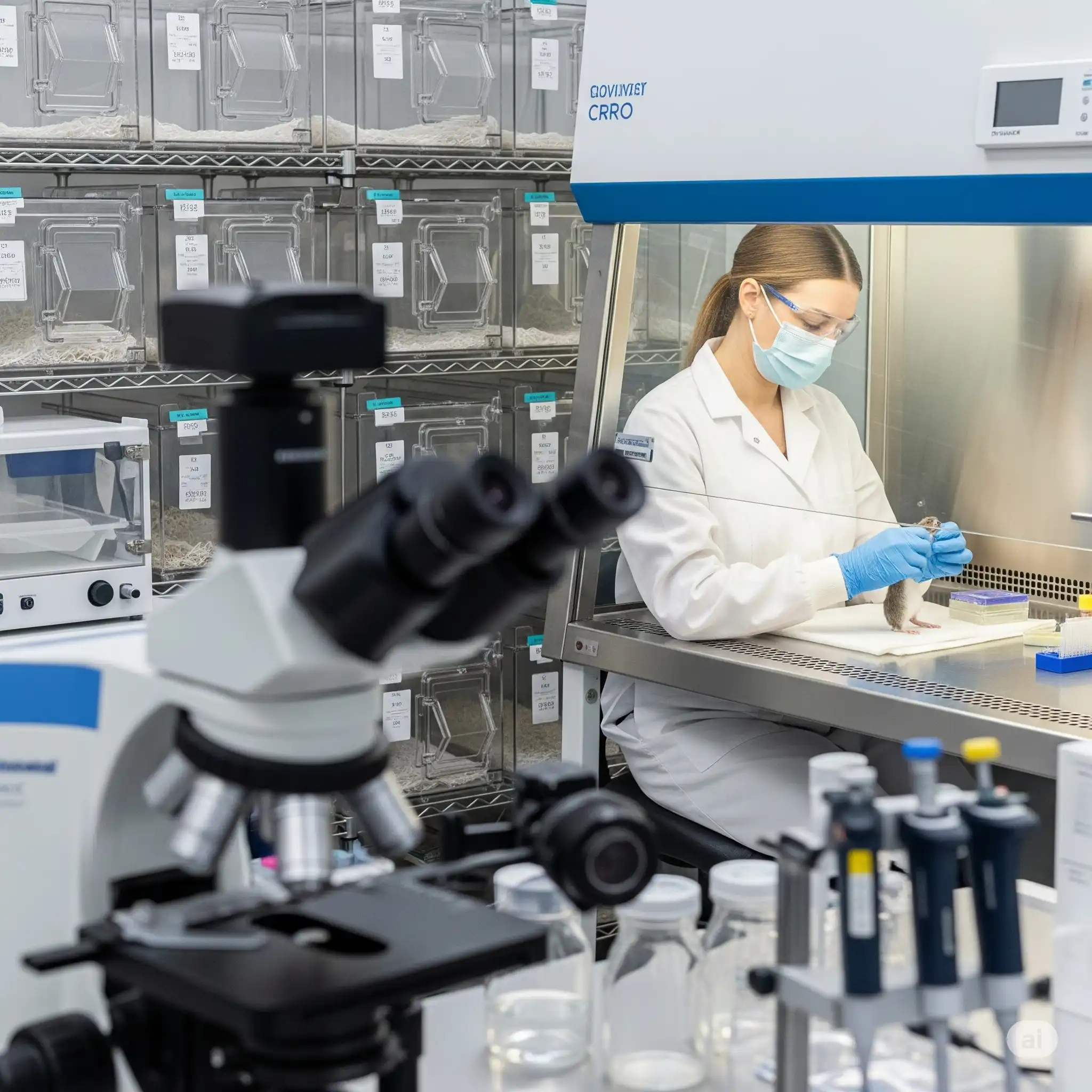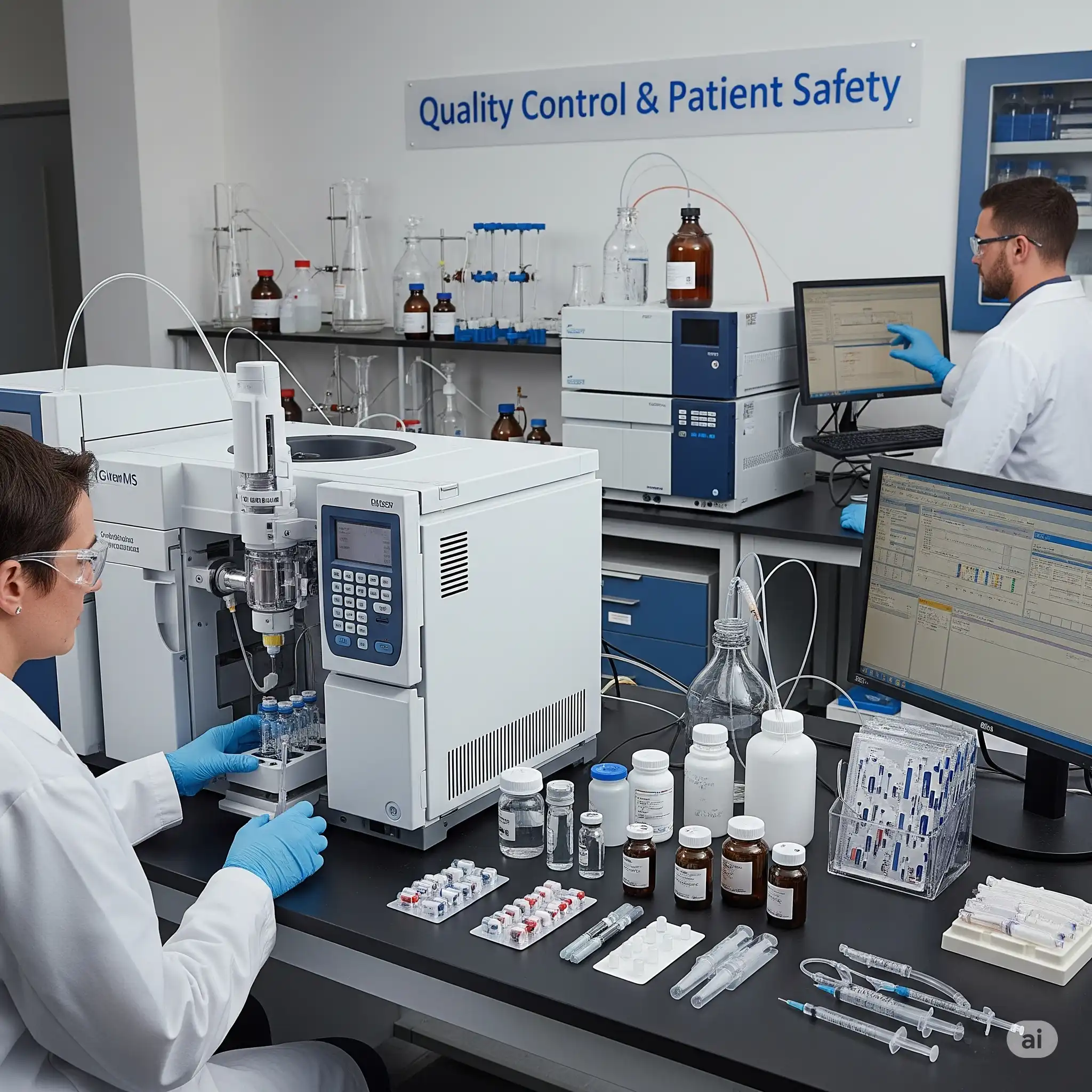What is genotoxic impurity evaluation and why is it important?
Genotoxic impurity evaluation is the comprehensive assessment of impurities in pharmaceutical products for their potential to damage DNA or cause genetic mutations. This critical evaluation ensures patient safety and aligns with regulatory guidelines like ICH M7, helping pharmaceutical companies identify and control potentially harmful substances.
How do you evaluate genotoxicity risk without laboratory testing?
We utilize advanced (Q)SAR in silico computational tools, comprehensive literature review, and established threshold of toxicological concern (TTC) principles to effectively evaluate genotoxic potential when experimental data is unavailable. This approach provides reliable risk assessment while reducing time and costs.
What does ICH M7 guidance cover for pharmaceutical development?
ICH M7 provides comprehensive guidance for the assessment, control, and qualification of mutagenic impurities in pharmaceuticals. It combines computational toxicology methods with structure-activity relationship analysis to ensure effective identification and management of potentially genotoxic substances.
What is a toxicological risk assessment for medical devices?
A toxicological risk assessment for medical devices evaluates the potential safety impact of chemical substances (such as leachables) from device materials on human health. This assessment is based on comprehensive exposure and hazard data analysis, following ISO 10993-17 standards to ensure device safety.
How do extractables and leachables impact patient safety?
Extractables and leachables are chemical compounds that can migrate from medical device materials into the human body. If these substances are toxic, they may pose significant risks to patients. Professional risk assessments help determine whether their exposure levels are safe and acceptable for clinical use.
What data is required for comprehensive genotoxic impurity assessment?
We require detailed chemical structure information (SMILES or CAS number), comprehensive batch impurity data, synthetic pathway details, and analytical impurity profiles. Additional public literature and Ames test data (when available) can enhance the assessment quality and reliability.
Do you support ISO 10993-based biological evaluation plans?
Yes, we provide comprehensive support in creating and executing Biological Evaluation Plans (BEPs) including expert toxicological interpretation under ISO 10993-17 and ISO 10993-18 standards. Our services ensure complete regulatory compliance and scientific rigor.
What does comprehensive genotoxic impurity evaluation involve?
Comprehensive genotoxic impurity evaluation involves systematic identification and assessment of DNA-damaging impurities in pharmaceutical products, following ICH M7 and related guidelines. It combines advanced in silico predictions, rigorous in vitro/in vivo testing, and expert risk assessments to ensure product safety and regulatory compliance.
How does Indivirtus maintain regulatory compliance across global markets?
Indivirtus strictly adheres to international standards including ICH Q3A-Q3C, M7, and ISO 10993 guidelines, delivering GLP-compliant studies with comprehensive documentation and expert regulatory submission support for agencies such as FDA, EMA, and PMDA across global markets.
What are extractables and leachables (E&L) studies and their importance?
E&L studies systematically analyze chemicals released from medical devices or packaging under simulated use conditions, using ISO 10993-18 compliant methods. These studies ensure safety through comprehensive identification, accurate quantification, and expert toxicological risk assessment of potentially harmful substances.
How is (Q)SAR methodology used in professional CRO services?
(Q)SAR employs sophisticated computational models to predict toxicity risks of impurities efficiently and accurately. This methodology supports ICH M7 compliance by identifying potential genotoxic hazards through advanced computational analysis without requiring extensive laboratory testing.
How does Indivirtus support comprehensive medical device safety?
Indivirtus conducts comprehensive ISO 10993-17 compliant toxicological risk assessments, expertly evaluating extractables, leachables, and degradation products with route-specific and patient-specific analyses to ensure optimal medical device safety and regulatory compliance.
